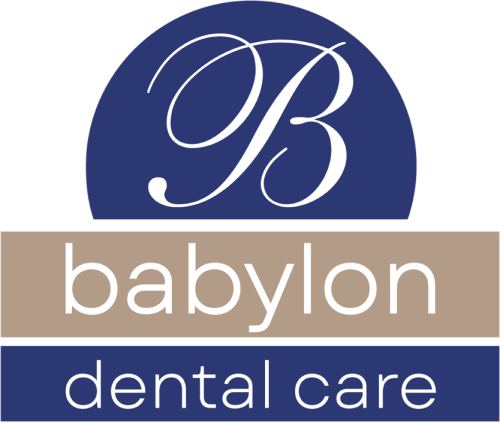When a doctor asks you to stick out your tongue, have you ever wondered why? Believe it or not, the human tongue can reveal a host of potential maladies and conditions to a trained eye. An unblemished tongue with a warm, pinkish color indicates good health, while anything else might point to an underlying problem.
Here are a few tongue-related conditions to look out for:
Your Tongue’s Color
Look out for these shades of the tongue that aren’t your usual shade of pink.
- Yellow – A yellow tongue may indicate an infection. It could also be caused by bacteria. Bacteria can build up in the mouth from things like bad oral hygiene, tobacco, coffee, or alcohol. A yellow tongue may also be an indication that you are a habitual mouth breather and have developed dry mouth.
- Blue – A blue tongue might be a sign that you have poor oxygen circulation due to lung problems or something else.
- Dark Red to Purple – This shade may be a sign that you have a vitamin deficiency. It can also be a sign of infection or a fever, such as Scarlet fever or Kawasaki disease.
- Black – A black tongue could be due to certain antibiotics, smoking, poor oral hygiene or even diabetes. There is also a condition called black hairy tongue that looks just like it sounds. Fortunately, this condition is usually temporary and harmless.
- White – A white tongue might mean you have oral thrush, which is a fungal infection of your mucous membranes. Dehydration could also cause your tongue to become white along with certain benign conditions like leukoplakia.
Your Tongue’s Texture and Shape
Be on the lookout for these changes in texture and shape:
- Painful Bumps or Ulcers – These can be due to smoking, canker sores, biting, or even oral cancer.
- Indented Teeth Marks or Scalloped Edges – This is typically just the result of how your tongue sits against your teeth, but it could also be a sign of a TMJ disorder and perhaps nocturnal teeth grinding.
- Red or White Bumps – Although they are many times benign, a red or white bump on your tongue may represent early or advanced tongue cancer. If the lesion doesn’t resolve on its own within a couple of weeks, it would be best to have a doctor look at it.
- Thin Tongue – A very thin tongue could be a sign of dehydration.
Dental Cleanings and Checkups are a Must
There are many health issues that can be avoided simply by maintaining good oral hygiene. If you haven’t scheduled an appointment with your dentist within the last six months, it’s time for a routine cleaning and dental check-up. During your checkup, we’ll look at your tongue to make sure there aren’t any signs of these health issues. Call us to schedule your next checkup today.

